

|
|
|


|
Tamiya XB Neo Fighter Buggy - # 57872 (Radio Controlled Model Review)1/10 Scale Electric Buggy - DT-03 Chassis:
Released by Tamiya on March 22, 2014, the 2WD XB Neo Fighter Buggy (#57872) is No.172 in the RTR Pre-Assembled Expert Built Series, based on the DT-03 chassis. The Tamiya Neo Fighter Buggy kit (#58587) was introduced in February 2014.
▼ Scroll Down for More Images ▼
Rating: 4
|
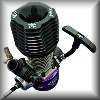
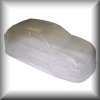
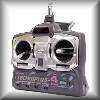
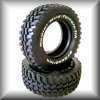
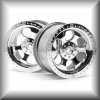
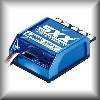
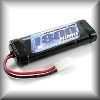
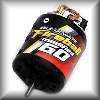
|
|
|

|
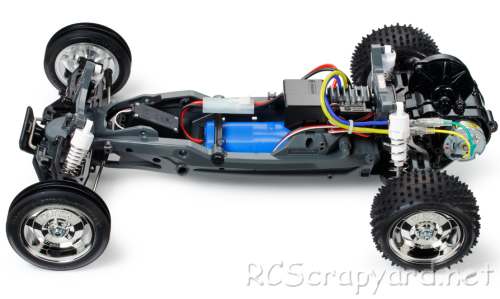
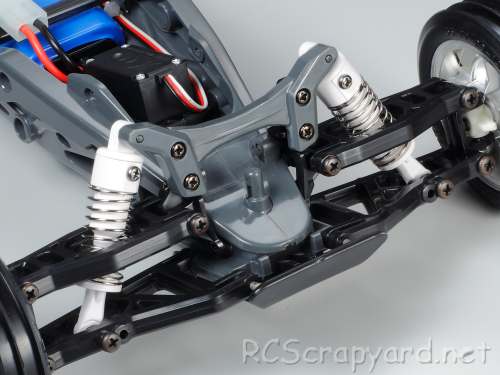
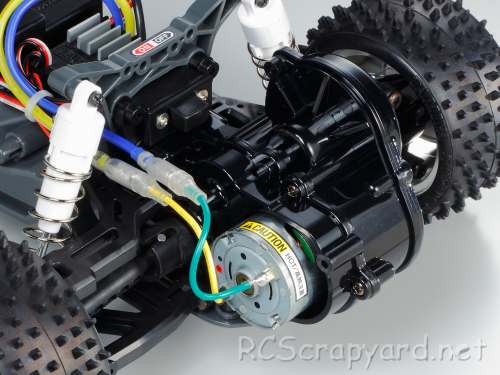
Buying a Used Tamiya Neo Fighter Buggy
Make a General Visual Inspection
Check the Body-Shell
If the body shell of your Tamiya Neo Fighter Buggy is broken, ripped or damaged in any way, this can be easily repaired with rubber solution glue. Also, for added protection and if available for your Neo Fighter Buggy model, fit an under guard to stop dirt and gravel entering the chassis. Drive Shafts and Turnbuckles
Examine the Drive System
On Belt driven models, the Drive Belts need checking at regular intervals for wear, tension and damage. If deemed necessary, adjust the tensioning pulley until the belt can be depressed in the centre by no more than around 5mm. If the belt was slack, also examine the drive pulleys for wear. The teeth should provide a well seated fit for the belt teeth and not be rounded on the corners. If the belt teeth do not fit snugly, change the pulleys as soon as possible. For top level racing it may be prudent to replace all belts and pulleys after each race meeting. Pinions and Spur Gears
Don't Neglect the Ball-Joints
Ball joints always cause problems. For top level Electric Buggy racing, the plastic ball connectors should be checked and if deemed necessary, changed after every meeting. A simple thing like a loose fitting connector popping off, could easily end your race, so better safe than sorry. Steering Servo and Servo-Saver
Stabilizers
If body roll on your Tamiya Neo Fighter Buggy is a problem, handling can be improved with the use of stabilizers, anti roll or sway bars, stiffer tuning springs and, or, thicker silicone oil in the dampers. Don't Forget those Bearings
▼ Scroll Down for More Articles and Advice ▼
Or, check out our RC Model Car Setup Guide
|
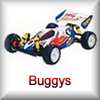
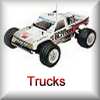
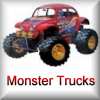
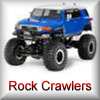
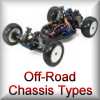

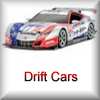

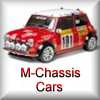
|
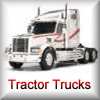
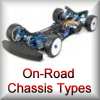

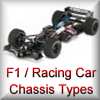
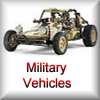
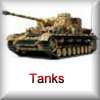
|
|
|
|
Hints, Tips and Information
My First National
When I first started in RC, way back in the late 1980s, I would turn up to the weekly club meeting, with my Tamiya Boomerang, Acoms transmitter, two sets of crystals, a couple of 7.2v batteries, a charger and a tool box with a wheel spanner and a few spares. |
|
Hints, Tips and Information
Slipper Clutch and Hydra-Drive
More often installed on Off-Road RC Models, the Slipper Clutch has been around since the late 1990s. Basically the idea is to prevent wheel spin and increase traction under acceleration, to improve the cars stability from a standing start, when landing from jumps or on corner exits. It also protects the spur gear and drivetrain, to some degree, when using a high torque motor. |
|
RC Models:
|
Radio & Motors: |
Other
Accessories: |